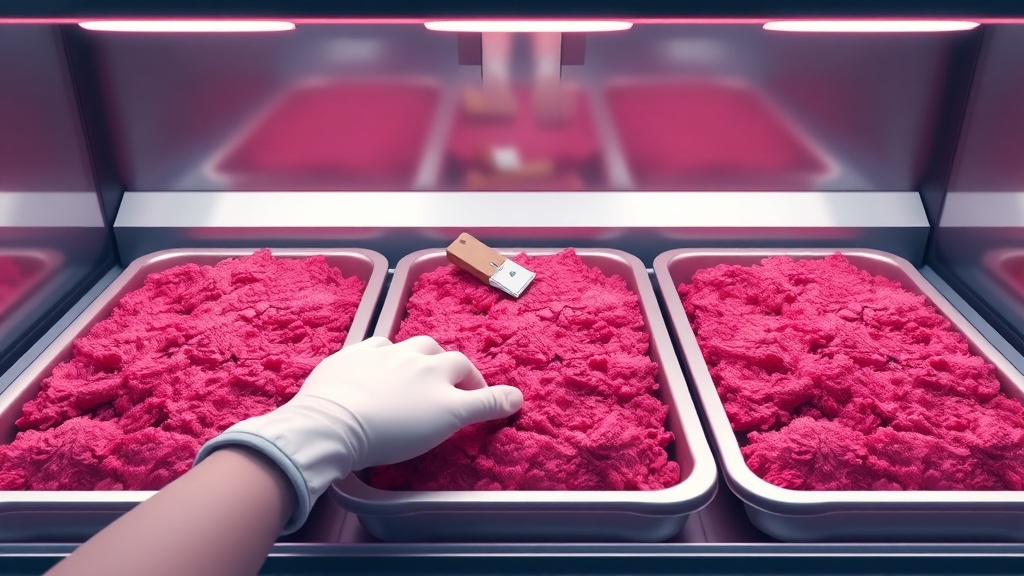Home / Health / Canada Greenlights Unlabeled Cloned Meat Sales, Angering Americans
Canada Greenlights Unlabeled Cloned Meat Sales, Angering Americans
14 Nov
Summary
- Canada scraps 22-year-old policy classifying cloned meat as 'novel foods'
- Cloned meat has been in the US food supply for nearly 2 decades without disclosure
- Ethical concerns raised over animal welfare, food safety, and potential human cloning

As of November 2025, Canada has scrapped its 22-year-old policy that classified cloned meat as 'novel foods,' eliminating the need for pre-market safety assessments and allowing these products to be sold without any labeling. This change comes even as the US has quietly allowed cloned meat and dairy to be part of the food supply for nearly two decades, also without disclosure.
The news has sparked widespread outrage among American consumers, who are just now learning that cloned meat has been present in the US food system all along. Many have taken to social media to express their shock and demand immediate action, arguing that people have the right to know what they are purchasing. Opponents have highlighted the high rates of suffering and health issues in cloned animals, as well as ethical concerns about the technology potentially leading to human cloning.



